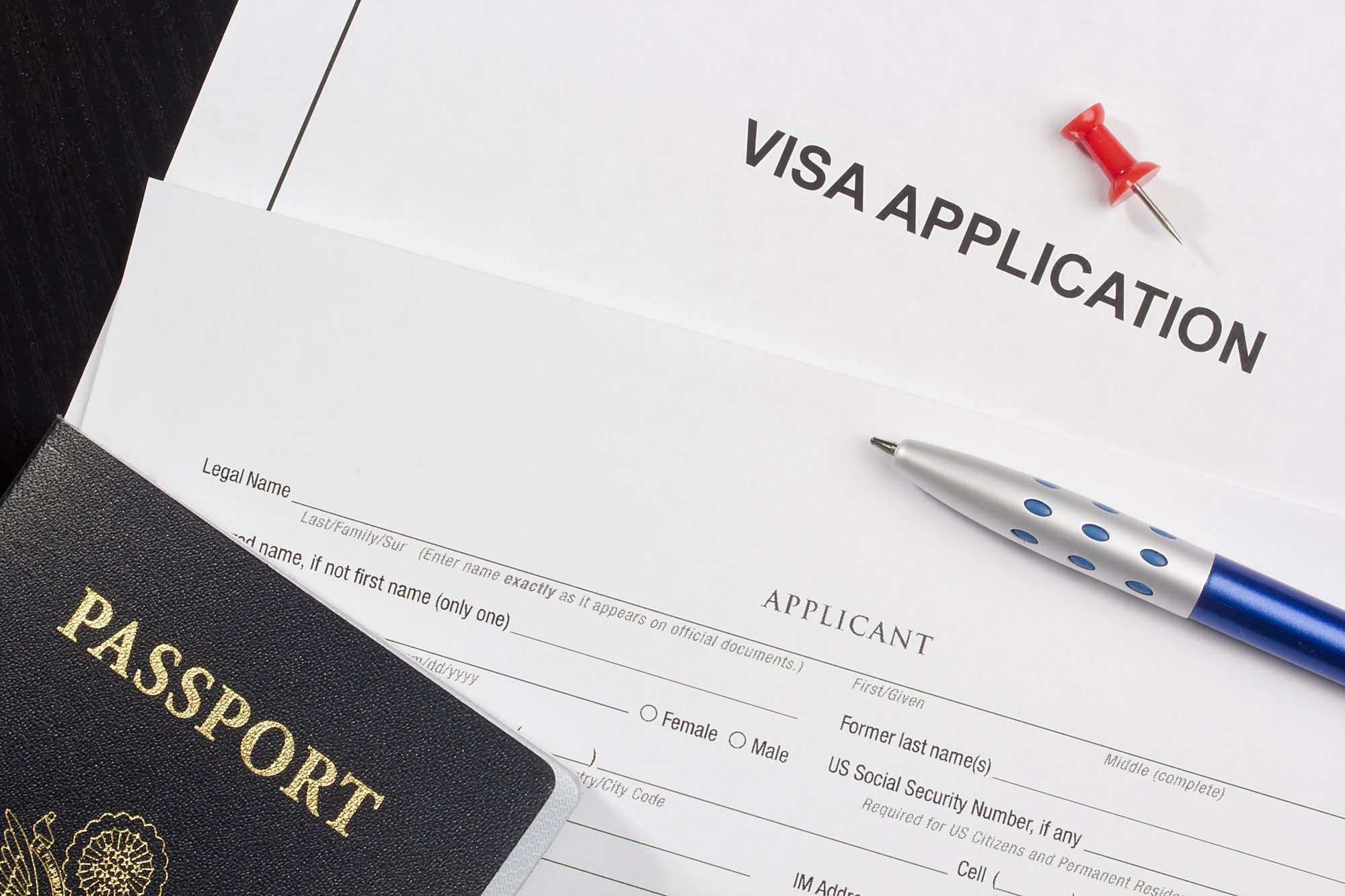Navigating U.S. immigration law can be overwhelming, especially with new forms and processes like the recently introduced I-131F. If you’re the spouse or stepchild of a U.S. citizen and are present in the United States without lawful admission or parole, this guide is crucial for you. The I-131F form, officially known as the Application for Parole in Place, offers a pathway to temporary legal status, allowing you to stay in the country while your case is processed. Here’s what you need to know.
The I-131F is designed for certain noncitizen spouses and stepchildren of U.S. citizens who are physically present in the United States but without proper admission or parole. This form allows eligible individuals to request a temporary period of parole, effectively permitting them to remain in the U.S. lawfully while they pursue other immigration benefits or await legal decisions.
- Presence in the U.S. Without Admission or Parole: You must be in the U.S. without having been formally admitted or paroled.
- Continuous Physical Presence:
- Spouses: You must have been continuously present in the U.S. since June 17, 2014.
- Stepchildren: You must have been continuously present in the U.S. since June 17, 2024.
- Valid Marriage:
- Spouses: You must have a legally valid marriage to a U.S. citizen as of June 17, 2024.
- Stepchildren: You must have a noncitizen parent who was legally married to a U.S. citizen on or before June 17, 2024, and before your 18th birthday.
- No Disqualifying Criminal History: You must not have any criminal convictions that would disqualify you.
- No Threat to National Security: You must not pose a threat to national security or public safety.
The I-131F must be filed online, and a separate application is required for each individual seeking parole in place. The process involves submitting various documents that prove your identity, your relationship to the U.S. citizen, and your continuous presence in the U.S. The filing fee is $580.
- Identity: A copy of an official photo identity document, such as a passport, driver’s license, or national ID.
- Proof of Relationship: Documents like a marriage certificate, birth certificate (for stepchildren), and any documentation proving the termination of previous marriages, if applicable.
- Proof of U.S. Citizenship of the Spouse/Stepparent: This could be a U.S. birth certificate, naturalization certificate, or U.S. passport.
- Proof of Continuous Presence: Utility bills, school records, medical records, and other documents that demonstrate your physical presence since the required date.
It’s important to note that even if you meet all eligibility criteria, the grant of parole is discretionary. USCIS may deny your request if they determine that granting parole is not warranted in your case. Additionally, those in removal proceedings or with an existing order of removal may still qualify, but each case will be judged on its individual merits.
The timelines specified in the I-131F application process are critical. Missing a deadline or failing to provide sufficient documentation can result in delays or denials, complicating your ability to stay in the U.S. legally. Therefore, it’s advisable to gather all required documents and complete the form accurately and promptly.
The I-131F provides a crucial lifeline for noncitizen spouses and stepchildren of U.S. citizens who are seeking to regularize their status. However, the complexity of the form and the strict eligibility requirements make it essential to approach this process carefully. If you need assistance or have questions about your specific situation, consulting with an experienced immigration attorney can help you navigate the process successfully.
Looking for Guidance? Our firm is experienced in helping individuals like you navigate complex immigration processes. Contact us today for a consultation and let us guide you through your I-131F application.




